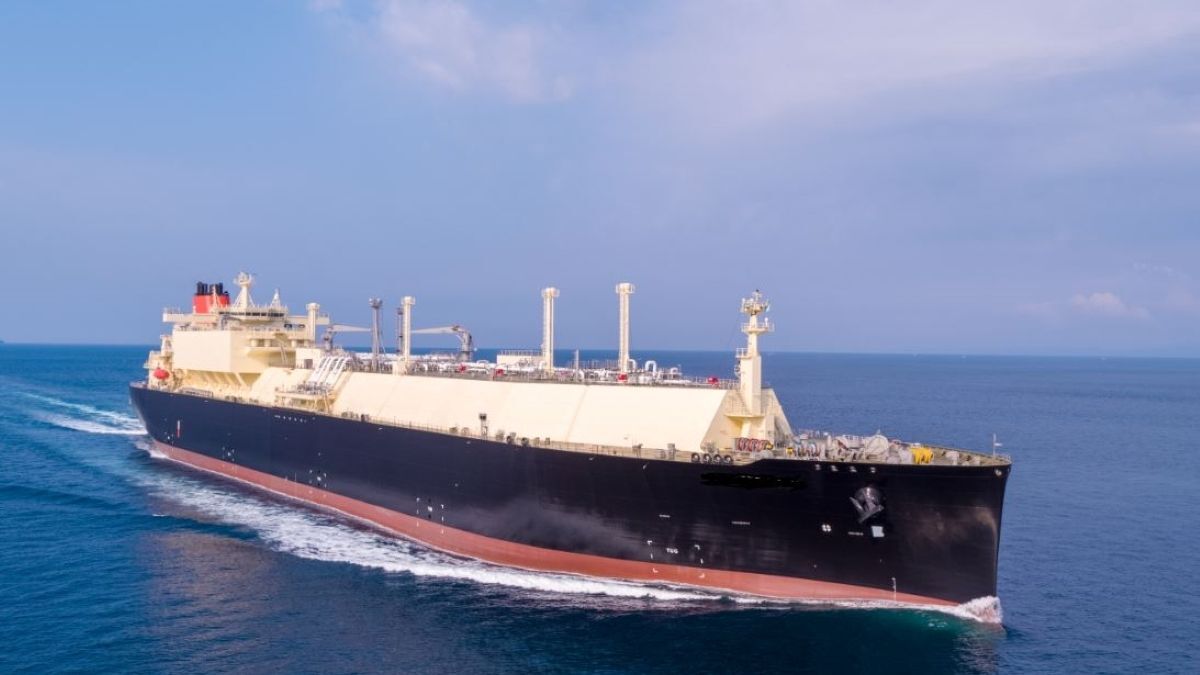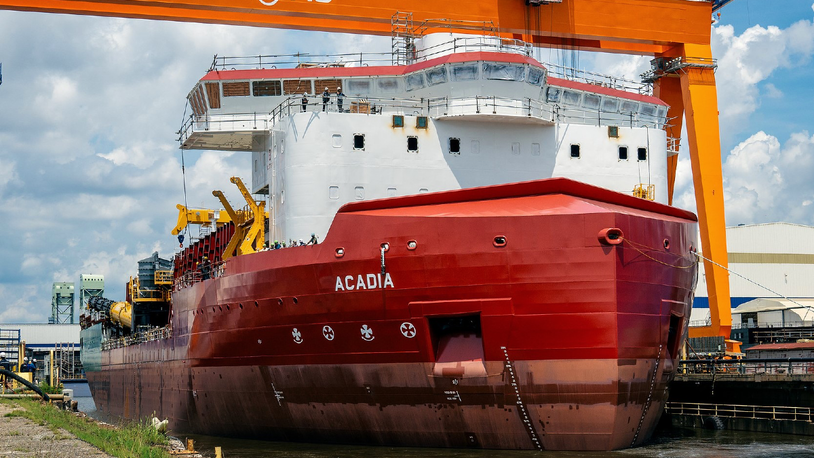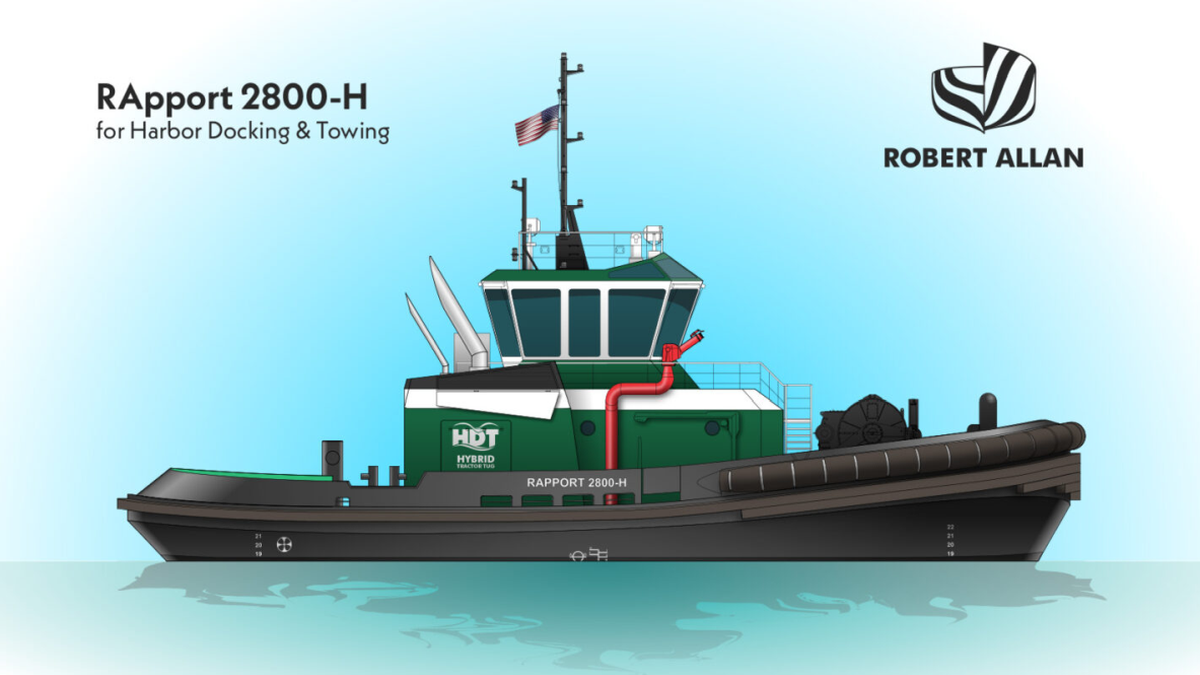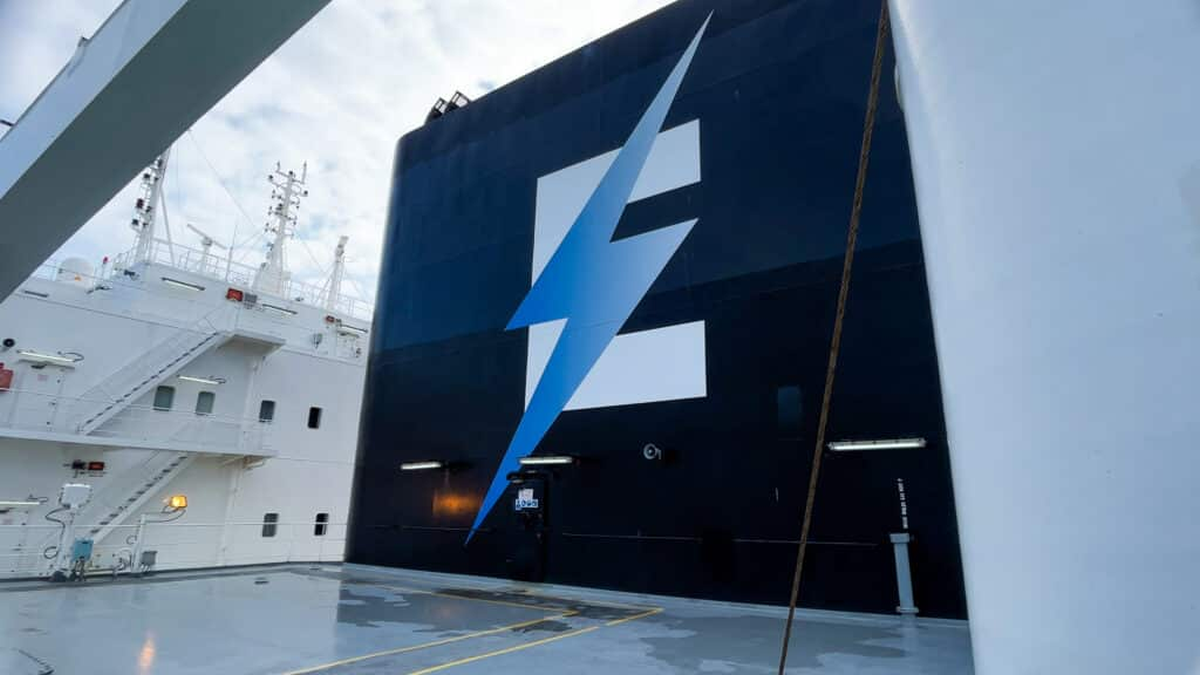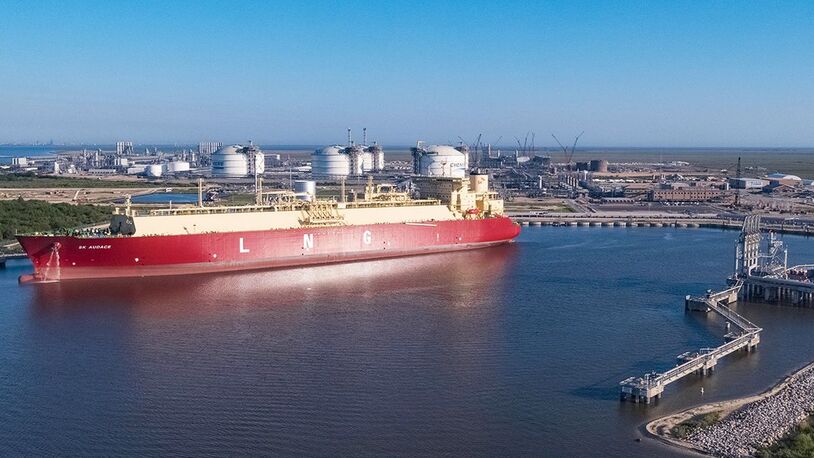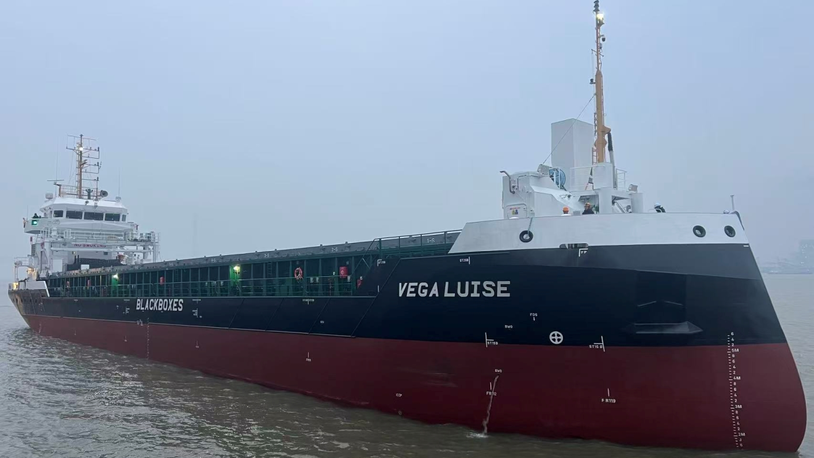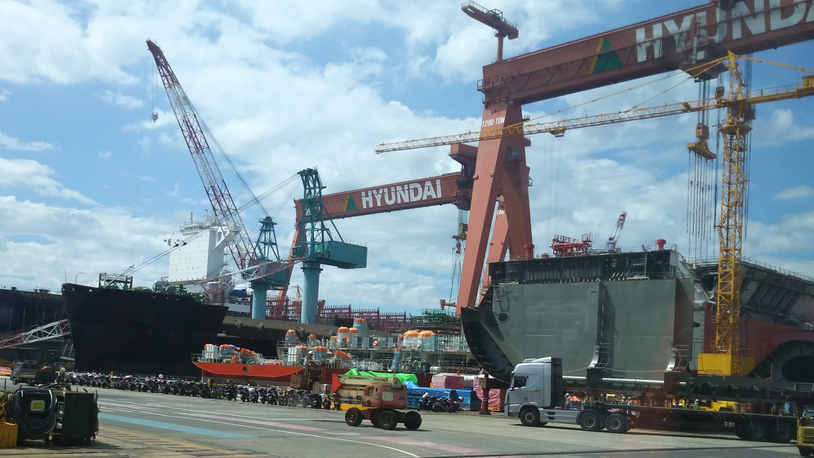Business Sectors
Events
Contents
Register to read more articles.
Critical cyber-security risks for LNG carriers
LNG carriers are facing a critical juncture in cyber security, report DNV’s head of advisory cyber security maritime, EMEA & APAC Svante Einarsson and senior maritime cyber security consultant Guillaume Leleu in a recent paper, Raising the focus on cyber security for LNG carriers
With the rapid digitalisation of operations, LNG carriers have become increasingly vulnerable to cyber threats, prompting urgent calls for enhanced security measures, reports DNV.
The rise of digital systems aboard LNG carriers – encompassing navigation, cargo management and communication technologies – has brought about unprecedented efficiencies. However, this digital transformation has also opened the door to potential cyber attacks.
The interconnected nature of these systems means a single breach could have far-reaching consequences, potentially compromising the safety of the vessel, the environment, and even the global energy supply chain.
Despite existing regulations and standards aimed at mitigating these risks, DNV’s assessment reveals there is still much work to be done.
International Maritime Organization (IMO) and other regulatory bodies have established frameworks for cyber security, yet the implementation across the industry remains inconsistent. This gap between policy and practice could leave LNG carriers exposed to sophisticated cyber threats.
The threats facing LNG carriers are diverse and evolving. Ransomware, phishing attacks and system breaches are among the most common forms of cyber threats identified. These attacks can disrupt critical operations, lead to financial losses, and damage reputations.
DNV’s report points out, "The maritime sector must acknowledge cyber threats are a business risk," suggesting the industry needs to adopt a more proactive stance in addressing these vulnerabilities.
DNV’s recommendations for strengthening cyber security in the LNG sector are comprehensive. The organisation advocates for the adoption of stronger encryption protocols, the regular auditing of digital systems and a concerted effort to train employees in cyber-security awareness.
Moreover, DNV highlights the potential of emerging technologies such as artificial intelligence and blockchain to enhance cyber-security defences. These technologies could play a vital role in detecting and mitigating threats before they cause harm.
The implications of these cyber-security challenges extend beyond the immediate stakeholders in the LNG sector. Shipowners, operators and regulatory bodies all have a vested interest in ensuring LNG carriers are protected against cyber threats.
The economic and operational consequences of a successful cyber ttack on an LNG carrier could be severe, including potential downtime, financial losses and long-term reputational damage.
Looking ahead, the cyber-security landscape for LNG carriers is expected to continue evolving. The increasing sophistication of cyber threats will require the maritime industry to remain vigilant and adaptive.
DNV’s paper makes it clear "cyber security is not a one-time project but an ongoing process," calling on industry players to make cyber security an integral part of their operations.
This approach will be crucial in safeguarding not only the vessels themselves, but also the broader energy supply chain and environmental safety.
Riviera’s LNG Shipping & Terminals Conference will be held in London, 12 November 2024. Click here for more information on this industry-leading event.
Related to this Story
Events
Maritime Regulations Webinar Week
Floating energy: successfully unlocking stranded gas using FLNGs and FSRUs
© 2024 Riviera Maritime Media Ltd.

